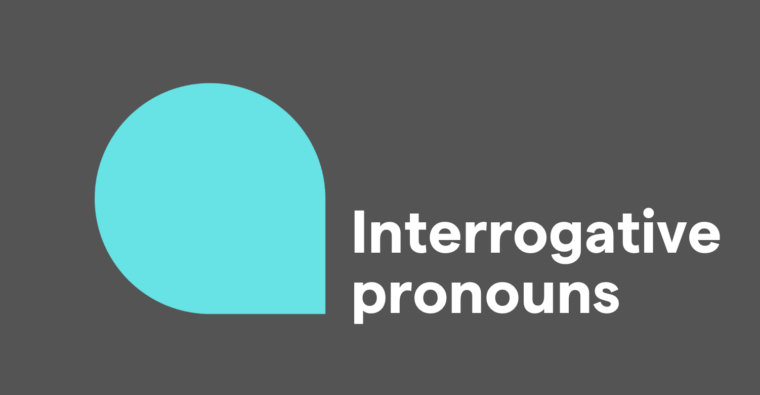Isn’t notice by definition given in advance? If so, is the expression “advance notice” redundant? Worse, is it incorrect? These questions need answers!
The meaning of advance notice
According to BusinessDictionary.com, advance notice is an alert about a future event or obligation. For example, you might receive information regarding the due date of a bill or the arrival date of a delivery. Here are some real-life examples of this phrase:
The city of Seattle is considering a “secure scheduling” law for the retail and food-service industries, whose workers have sometimes suffered from erratic and variable work hours, little advance notice of their schedules and not enough hours to make a decent living.
―SeattleTimes.com
The [Worker Adjustment and Retraining Notification Act (WARN)] sought to protect affected parties from the effects of major employment loss by requiring covered employers to provide advance notice of plant closings or large-scale layoffs to affected workers and local communities.
―Archon Fung, et al., Full Disclosure: The Promise and Perils of Transparency
Notice, all by itself, is defined as information, an announcement, or a warning given in advance of an event. It can also refer to the notification of the end of a contract or agreement. Could you subtract “advance” from the quotes above and still get the sense of the paragraph? Many think so. They find advance notice unnecessarily wordy. DailyWritingTips.com included it in their list of fifty redundant phrases to avoid, along with related terms: “Notices, planning, reservations, and warnings are all, by their nature, actions that occur before some event, so qualifying such terms with advance is superfluous.”
The meaning of advanced notice
At times, you see “advanced” rather than “advance” in this phrase. Are writers using this when they mean advance notice? You be the judge; here are two examples:
Under revised legislation first introduced by the D.C. Council in December, District employees who work for restaurants and retail establishments with 40 or more locations nationwide would be entitled to at least 14 days of advanced notice about their shifts, and to varying rates of compensation if those employers change their schedules within that timeframe.
―WashingtonCityPaper.com
The city of Seattle conducted a survey, asking 776 employees about their work schedules. While many were satisfied with their schedules, some described hardship with lack of advanced notice in their schedules, as well as wishing they could be given more hours to work.
―Kiro7.com
Advance notice vs. advanced notice
Redundancy issue aside, is there a difference between advance and advanced notice? Based on the examples above, you might say no. However, the definition of advanced is “highly modern, complex, higher than elementary level, or at a high level of progress or life.” It doesn’t seem as though any of the phrases above correspond with those definitions. Advanced notice cannot be an alternative way of writing the phrase “advance notice” because advanced is not a synonym of advance. On the other hand, a web search for the phrase will yield thousands of instances of the phrase in legal documents. Why? Burton’s Legal Thesaurus recognizes “advanced notice” as a synonym of thirteen terms: announcement, dispatch, forewarning, intelligence, notice, prediction, preliminary, pronouncement, prophecy, prospectus, publication, publicity, and warning. The legal dictionary on Law.com did not contain either phrase, but it did define notice.
Advance (and advanced) notice appears fairly frequently in legal writing. However, notice, used alone, seems to work fine. If you like simplicity, leave off “advance” or “advanced” when you write about notice.






